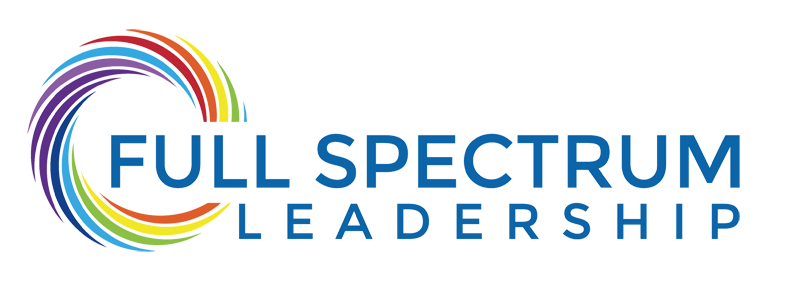Redefining “AI”

From ‘Artificial’ to ‘Alternate’ Intelligence
In this digital age, few terms evoke as much fascination and trepidation as “Artificial Intelligence” or AI. Once a staple of science fiction, AI is now deeply integrated into our daily lives, influencing everything from our shopping habits to medical diagnoses.
However, as the technology matures and its implications become clearer, many are questioning the term “artificial”.
Is it time to reconsider the nomenclature? Could “Alternate Intelligence” be a more fitting description?
1) Beyond the Semantics: A Matter of Perspective
The Limitations of “Artificial”:
The word ‘artificial’ often carries a connotation of being ‘lesser’ or ‘imitation’. It implies that AI lacks authenticity or value compared to human intelligence. However, as we’ve seen, AI can process information, identify patterns, and make decisions in ways that humans can’t, often with greater speed and accuracy.
The Promise of “Alternate”:
By switching to the term “Alternate Intelligence”, we shift from viewing AI as a mere replica of human intelligence to acknowledging it as a different form of intelligence. Just as a bird’s ability to fly doesn’t make it superior or inferior to a fish’s ability to swim, alternate intelligence can be seen as complementary to human capabilities rather than a replacement.
2) Collaborative Synergy Over Competitive Superiority
Complementary Strengths:
Alternate intelligence accentuates the idea of collaboration. Humans possess creativity, empathy, and abstract thinking, while AI excels in data processing, pattern recognition, and executing repetitive tasks. Together, they can achieve outcomes neither could alone.
Enhancing Human Potential:
Instead of viewing AI as a tool to replicate human tasks, “Alternate Intelligence” promotes the idea of AI elevating human capabilities. For instance, doctors equipped with AI can diagnose diseases more accurately, and architects can visualize complex structures with greater precision.
3) Ethical Implications and Human Values
Shared Responsibility:
Renaming AI as “Alternate Intelligence” reinforces the idea that its development and deployment should be a shared responsibility. Rather than creating machines that think and act like us, the focus should be on developing systems that respect our values and enhance societal well-being.
Preventing Dehumanization:
The term “artificial” can sometimes lead to a reduced regard for the ethical implications of AI. If machines are just “artificial”, do they deserve rights? By considering AI as “alternate”, we may be more inclined to address these ethical nuances.
4) A Shift in Developmental Approaches
Inspired by Diversity:
Viewing AI as an alternate form of intelligence can influence its development. Instead of just mimicking human behavior, AI can be designed to embrace and learn from the vast array of intelligence found in nature, from the navigational abilities of birds to the communal decision-making of bees.
Broader Application Spectrum:
Alternate Intelligence widens the scope of AI applications. Instead of merely automating tasks, AI can be envisioned as a partner in creative endeavors, scientific explorations, and more.
5) Preparing for a Future Together
Educational Evolution:
Understanding AI as an alternate intelligence means our educational systems can evolve to teach future generations how to work alongside AI, maximizing its benefits while understanding its limitations.
Policy and Governance:
As societies and governments grapple with the implications of AI, recognizing it as “Alternate” can lead to more balanced policies that emphasize collaboration over competition, integration over isolation.
To Wrap Up
While a change in terminology might seem superficial, it carries profound implications for how we perceive, develop, and integrate AI into our world.
Reframing our understanding from “Artificial” to “Alternate” shifts the narrative from replacement to enhancement, from competition to collaboration.
As we stand on the cusp of an era where humans and machines will coexist more closely than ever, it’s imperative that our language, attitudes, and policies reflect a vision of partnership and mutual respect.
After all, intelligence, in whatever form, is a marvel to be celebrated and harnessed for the collective good.
Let me know how you feel in the comments section below.
Related Posts

Taking Responsibility for the Entire Life Experience
What it Looks Like "John, a struggling artist, spent years blaming his lack of success…

You Have to Work For It!
A father used to say to his children when they were young: When you all …

Mediocrity is Self-Inflicted,and Genius is Self-Bestowed
In the realm of personal and professional development, one timeless truth stands out: "Mediocrity is…

Leave a Reply
You must be logged in to post a comment.